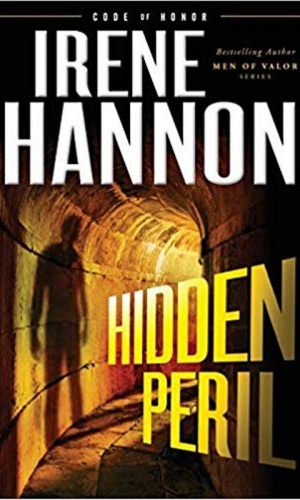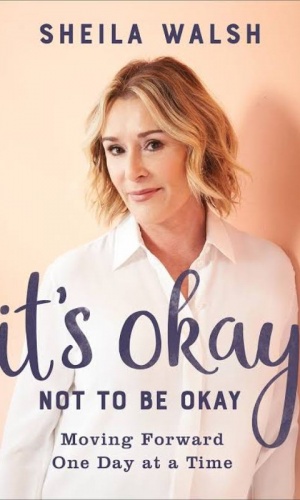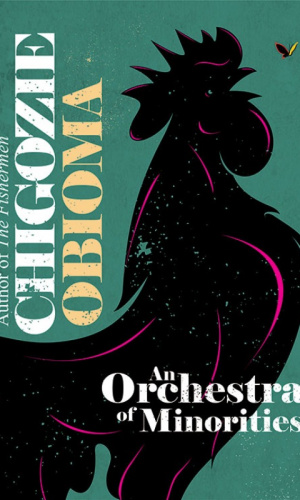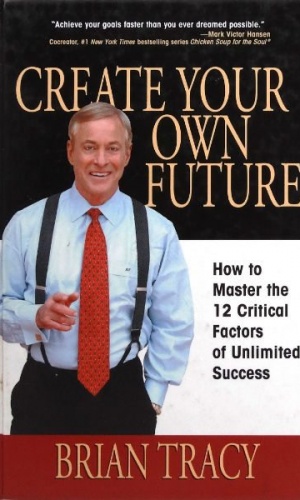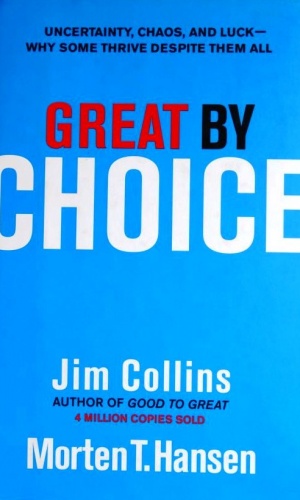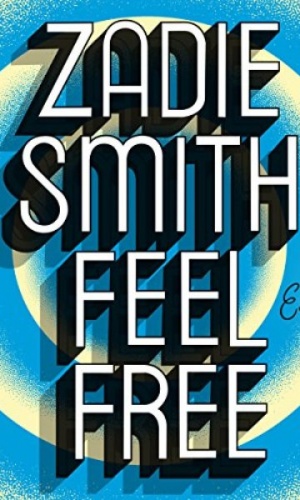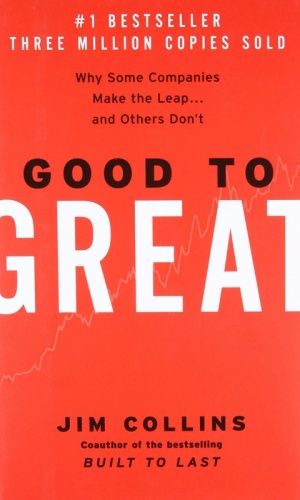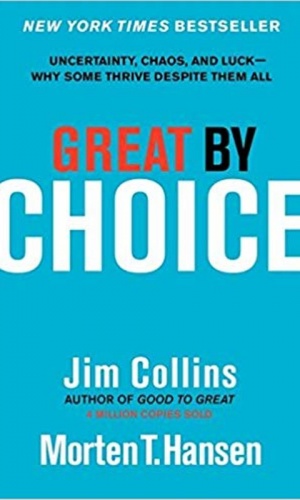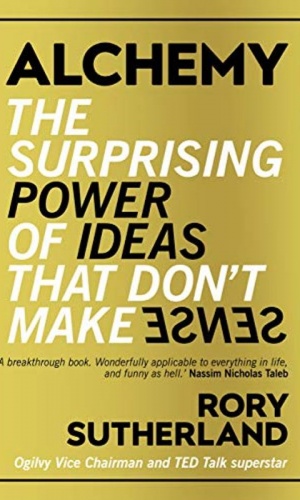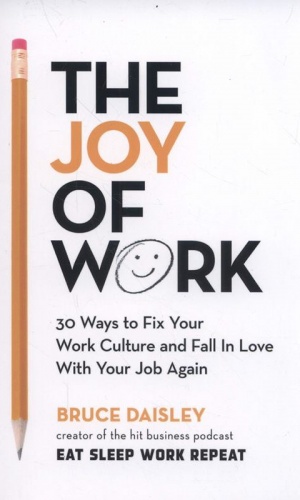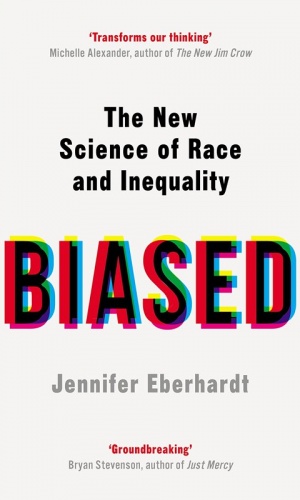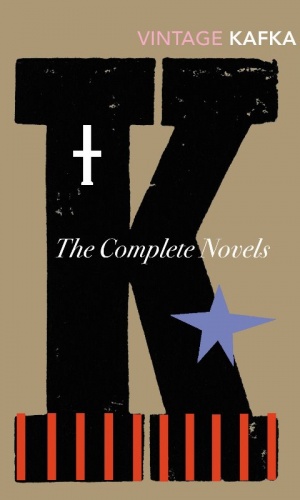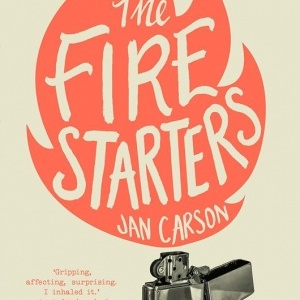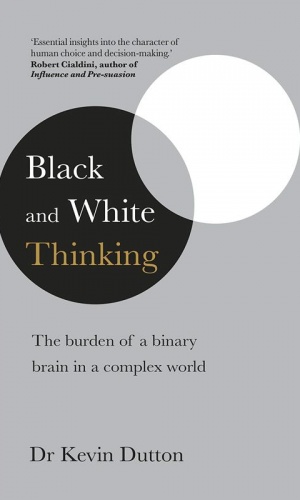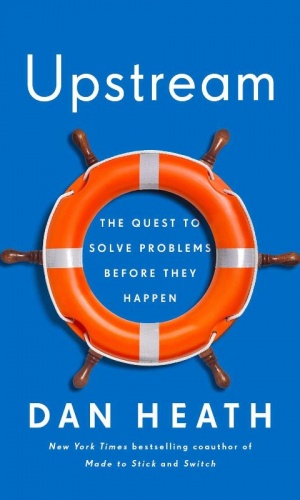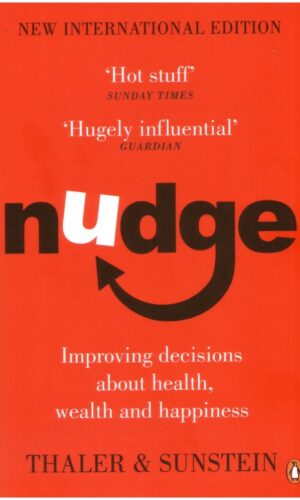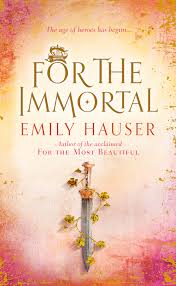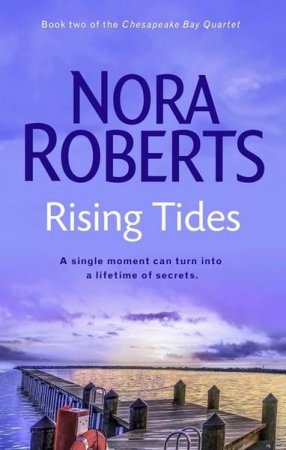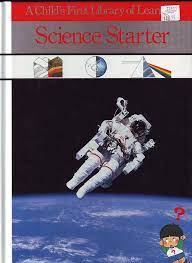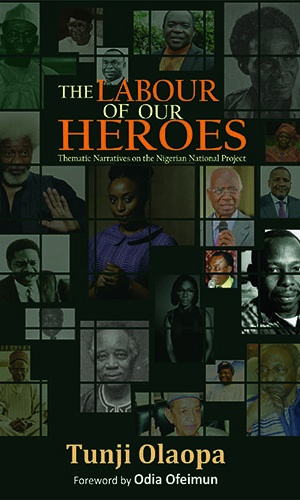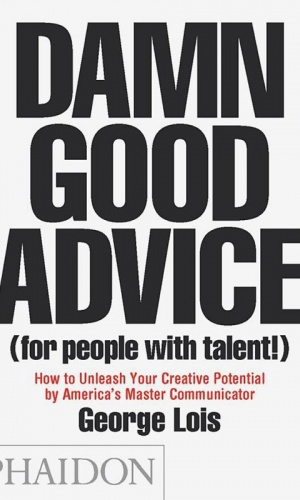-
Hidden Peril
As teenagers, Kristin Dane and her two best friends took a vow to make the world a better place. Twenty years later, she’s fulfilling that pledge through her fair trade shop that features products from around the world. All is well until, one by one, people connected to the shop begin dying.
Detective Luke Carter, new to the St. Louis PD, wants to know why. Before he can answer that question, however, the FBI weighs in and Kristin suddenly finds herself in the middle of international intrigue–and in the sights of the ruthless mastermind behind an ingenious and deadly, scheme. Can this cold-blooded killer be stopped before more people die . . . including Kristin?
₦6,400 -
It’s Okay Not to be Okay
We’ve all experienced that moment where we wish we could start all over again. Failed marriages, lost friends, addictions, lost jobs. This is not the life we imagined. Yesterday can sometimes leave us stuck, sad, shamed, scared, and searching. Sheila Walsh encourages readers to face the pain head on and then start again, from right where they are. She shares that when she discovered “I’m not good enough and I’m good with that,” everything started to change.
₦6,400 -
Create your own future
Now in paperback, Create Your Own Future is a powerful book on self-empowerment that offers a wealth of ideas readers can apply immediately to take complete control of their personal and work lives. Intended for anyone who wants to make more money and get more satisfaction from life, the book offers twelve principles for success and real-world action plans that help you reach your goals. Author Brian Tracy is one of the most renowned and successful self-help authors and speakers in the world; Create Your Own Future presents all his accumulated experience in making success happen for others. Now, it can make success happen for you.
₦6,480 -
Great by choice
en years after the worldwide bestseller Good to Great, Jim Collins returns with another groundbreaking work, this time to ask: why do some companies thrive in uncertainty, even chaos, and others do not? Based on nine years of research,buttressed by rigorous analysis and infused with engaging stories, Collins and his colleague Morten Hansen enumerate the principles for building a truly great enterprise in unpredictable, tumultuous and fast-moving times
₦6,500 -
Feel Free
Since she burst breathtakingly into view with her introduction novel very nearly two decades back, Zadie Smith has set up herself not similarly as one of the world’s overwhelming fiction authors, yet in addition a splendid and solitary writer. She contributes consistently to The New Yorker and the New York Review of Books on a scope of subjects, and each bit of hers is a scholarly occasion in its very own right.
₦6,500 -
Good to Great
Using tough benchmarks, Collins and his research team identified a set of elite companies that made the leap to great results and sustained those results for at least fifteen years.
₦6,500 -
Great by Choice
Ten years after the worldwide bestseller Good to Great, Jim Collins returns with another groundbreaking work, this time to ask: why do some companies thrive in uncertainty, even chaos, and others do not?
₦6,500 -
Alchemy
Why is Red Bull so popular – even though everyone hates the taste? Why do countdown boards on platforms take away the pain of train delays? And why do we prefer stripy toothpaste?
We think we are rational creatures. Economics and business rely on the assumption that we make logical decisions based on evidence.But we aren’t, and we don’t.
In many crucial areas of our lives, reason plays a vanishingly small part. Instead we are driven by unconscious desires, which is why placebos are so powerful. We are drawn to the beautiful, the extravagant and the absurd – from lavish wedding invitations to tiny bottles of the latest fragrance. So if you want to influence people’s choices you have to bypass reason. The best ideas don’t make rational sense: they make you feel more than they make you think.
₦6,500 -
The Joy Of Work
“This is a warm, wise and funny book which provides a terrific summary of some of the science – and stories – behind what makes work a positive part of people’s lives. From the importance of lunch to the value of laughter, this book gives witty and practical advice. I loved it and I’ve already started changing some of the things I do at work, as a result!” – Professor Sophie Scott
“Don’t quit yet! In this book, Bruce shares remarkable advice that may well have you laughing while you work and truly loving your job.” – Biz Stone, Twitter co-founder
₦6,500 -
Biased
You don’t have to be racist to be biased. Unconscious bias can be at work without our realizing it, and even when we genuinely wish to treat all people equally, ingrained stereotypes can infect our visual perception, attention, memory, and behavior. This has an impact on education, employment, housing, and criminal justice. In Biased, with a perspective that is at once scientific, investigative, and informed by personal experience, Jennifer Eberhardt offers us insights into the dilemma and a path forward.
₦6,500 -
The Complete Novels Of Kafka
Both Joseph K in The Trial and K in The Castle are victims of anonymous governing forces beyond their control. Both are atomized, estranged and rootless citizens deceived by authoritarian power. Whereas Joseph K is relentlessly hunted down for a crime that remains nameless, K ceaselessly attempts to enter the castle, and so belong somewhere. Both novels may be read as powerful allegories of totalitarian government.
₦6,500 -
The Fire Starters
Shortlisted for the EU Prize for Literature**’One of the most exciting and original Northern Irish writers of her generation’ SUNDAY TIMES’Gripping, affecting, surprising. I inhaled it’ LISA MCINERNEY ‘Captivating, intelligent and courageous’ IRISH TIMES’Spectacular. At once grittily real, wildly magical and insanely alluring – a siren-song of a novel. DONAL RYAN’Jan Carson seems to have invented a new Belfast in this gripping, surprising, exhilarating novel.
₦6,500 -
BLACK AND WHITE THINKING
Several million years ago, natural selection equipped us with binary, black-and-white brains. Though the world was arguably simpler back then, it was in many ways much more dangerous. Not coincidentally, the binary brain was highly adept at detecting risk: the ability to analyze threats and respond to changes in the sensory environment—a drop in temperature, the crack of a branch—was essential to our survival as a species.
Since then, the world has evolved—but we, for the most part, haven’t. Confronted with a panoply of shades of gray, our brains have a tendency to “force quit:” to sort the things we see, hear, and experience into manageable but simplistic categories. We stereotype, pigeon-hole, and, above all, draw lines where in reality there are none. In our modern, interconnected world, it might seem like we are ill-equipped to deal with the challenges we face—that living with a binary brain is like trying to navigate a teeming city center with a map that shows only highways.
In Black-and-White Thinking, the renowned psychologist Kevin Dutton pulls back the curtains of the mind to reveal a new way of thinking about a problem as old as humanity itself. While our instinct for categorization often leads us astray, encouraging polarization, rigid thinking, and sometimes outright denialism, it is an essential component of the mental machinery we use to make sense of the world. Simply put, unless we perceived our environment as a chessboard, our brains wouldn’t be able to play the game.
Using the latest advances in psychology, neuroscience, and evolutionary biology, Dutton shows how we can optimize our tendency to categorize and fine-tune our minds to avoid the pitfalls of too little, and too much, complexity. He reveals the enduring importance of three “super categories”—fight or flight, us versus them, and right or wrong—and argues that they remain essential to not only convincing others to change their minds but to changing the world for the better.
₦6,500 -
Upstream
So often in life, we get stuck in a cycle of response. We put out fires. We deal with emergencies. We stay downstream, handling one problem after another, but we never make our way upstream to fix the systems that caused the problems. Cops chase robbers, doctors treat patients with chronic illnesses, and call-center reps address customer complaints. But many crimes, chronic illnesses, and customer complaints are preventable. So why do our efforts skew so heavily toward reaction rather than prevention?
Upstream probes the psychological forces that push us downstream—including “problem blindness,” which can leave us oblivious to serious problems in our midst. And Heath introduces us to the thinkers who have overcome these obstacles and scored massive victories by switching to an upstream mindset. One online travel website prevented twenty million customer service calls every year by making some simple tweaks to its booking system. A major urban school district cut its dropout rate in half after it figured out that it could predict which students would drop out—as early as the ninth grade. A European nation almost eliminated teenage alcohol and drug abuse by deliberately changing the nation’s culture.
₦6,500 -
-
-
-
Nollywood
Nigeria’s Nollywood has rapidly grown into one of the world’s largest film industries, radically altering media environments across Africa and in the diaspora; it has also become one of African culture’s most powerful and consequential expressions, powerfully shaping how Africans see themselves and are seen by others. With this book, Jonathan Haynes provides an accessible and authoritative introduction to this vast industry and its film culture.
₦6,600 -
Damn Good Advice (For People with Talent!)
Damn Good Advice (For People With Talent!) is a look into the mind of one of America’s most legendary creative thinkers, George Lois. Offering indispensle lessons, practical advice, facts, anecdotes and inspiration, this book is a timeless creative bible for all those looking to succeed in life, business and creativity. These are key lessons derived from the incomparle life of ‘Master Communicator’ George Lois, the original Mad Man of Madison Avenue. Written and compiled by the man The Wall Street Journal called “prodigy, enfant terrible, founder of agencies, creator of legends,” each step is borne from a passion to succeed and a disdain for the status qu
₦6,600 -
Business Adventures
What do the $350 million Ford Motor Company disaster known as the Edsel, the fast and incredible rise of Xerox, and the unbelievable scandals at General Electric and Texas Gulf Sulphur have in common? Each is an example of how an iconic company was defined by a particular moment of fame or notoriety; these notable and fascinating accounts are as relevant today to understanding the intricacies of corporate life as they were when the events happened.
Stories about Wall Street are infused with drama and adventure and reveal the machinations and volatile nature of the world of finance. Longtime New Yorker contributor John Brooks’s insightful reportage is so full of personality and critical detail that whether he is looking at the astounding market crash of 1962, the collapse of a well-known brokerage firm, or the bold attempt by American bankers to save the British pound, one gets the sense that history repeats itself.
₦6,600

